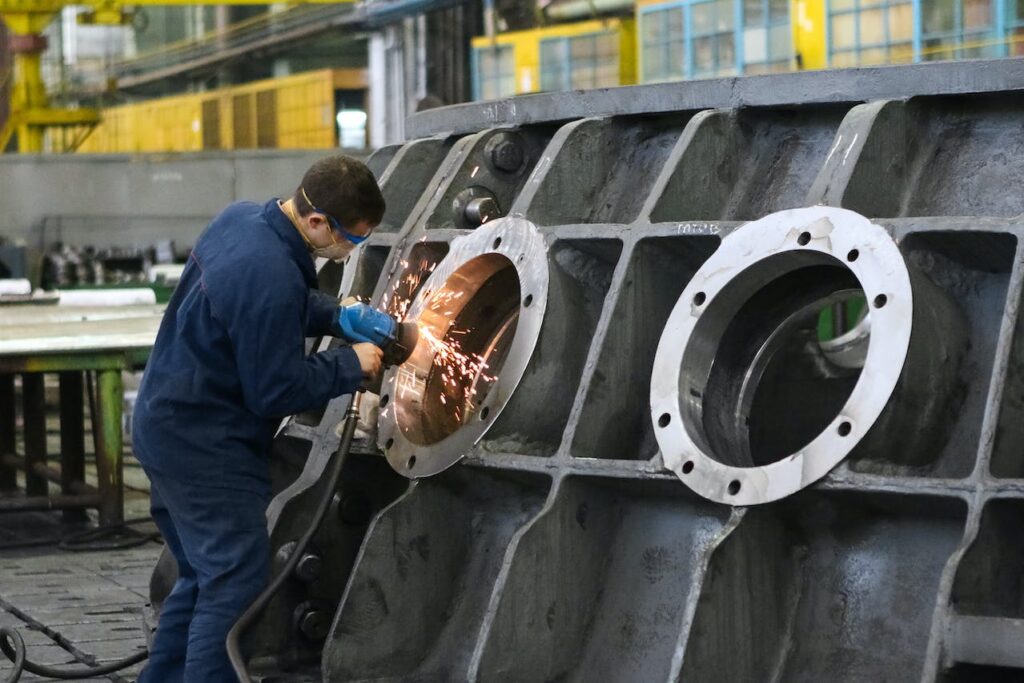In the world of manufacturing, the efficiency and effectiveness of production processes are paramount. This is where the concept of production planning plays a crucial role. Production planning is the systematic and strategic design of production processes, ensuring that they operate smoothly and efficiently. The goal is to manage the resources, schedule the activities, and coordinate tasks in a way that optimizes production and minimizes costs. In this digital era, production planning software has become an indispensable tool for manufacturers seeking to streamline their operations.
Understanding Production Planning
Production planning involves a series of steps that dictate how raw materials are converted into finished products. The process begins with forecasting demand and ends with the delivery of the product to the customer. Between these two points, several critical steps ensure that production is cost-effective, meets quality standards, and is completed on time. These steps include material planning, scheduling, workflow design, and inventory management.
The Role of Production Planning Software
With the advent of advanced technologies, production planning has evolved. Production planning software is a game-changer in this field. This software automates many of the tasks involved in production planning, leading to increased accuracy, reduced lead times, and lower costs. It integrates various aspects of the production process, from order entry to product delivery, ensuring a seamless operation. This integration is crucial in identifying bottlenecks, predicting potential delays, and facilitating quick decision-making.
Benefits of Effective Production Planning
Optimized Resource Utilization: Efficient production planning ensures that all resources, including machinery, human resources, and materials, are used optimally. This optimization helps in reducing waste and lowering the cost of production.
Improved Product Quality: Consistency in the production process is key to maintaining quality. Production planning helps in standardizing processes and maintaining quality control, thus enhancing the overall quality of the final product.
Enhanced Customer Satisfaction: Meeting customer demands in terms of quantity, quality, and delivery time is essential for customer satisfaction. Production planning enables manufacturers to schedule and plan in a way that ensures timely delivery of products.
Increased Flexibility: In a dynamic market, the ability to adapt to changes is vital. Production planning provides a framework that allows manufacturers to be more responsive and flexible in the face of changing market demands or unexpected disruptions.
Cost Reduction: By streamlining operations and optimizing resource use, production planning leads to significant cost savings. Reducing wastage, avoiding delays, and improving efficiency all contribute to lower production costs.
The Impact of Production Planning Software
The implementation of production planning software can revolutionize a manufacturing operation. This software allows for more accurate forecasting, real-time tracking, and better coordination among different departments. It provides valuable insights through data analytics, helping in making informed decisions. By automating routine tasks, it frees up time for employees to focus on more strategic aspects of production.
One of the key strengths of production planning software is its ability to adapt to various manufacturing environments, whether it’s a large-scale operation or a small business. It can be customized to suit specific needs, making it a versatile tool for any manufacturer.
Production planning can help reduce downtime in your factory. To learn more on why you want to avoid downtime, please see the information below.Provided by S. Himmelstein & Company – torque transducer
Conclusion
In conclusion, the importance of production planning in manufacturing cannot be overstated. It is the backbone of efficient and effective production processes. With the integration of production planning software, manufacturers are better equipped to face the challenges of the modern market. This software not only enhances efficiency and reduces costs but also plays a vital role in ensuring customer satisfaction and maintaining quality standards. As the manufacturing industry continues to evolve, the role of production planning and its associated technologies will become increasingly significant, marking a clear path for success in this competitive sector.

